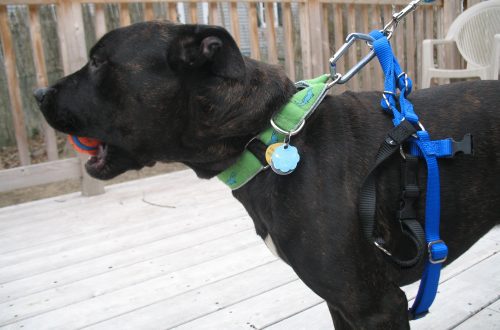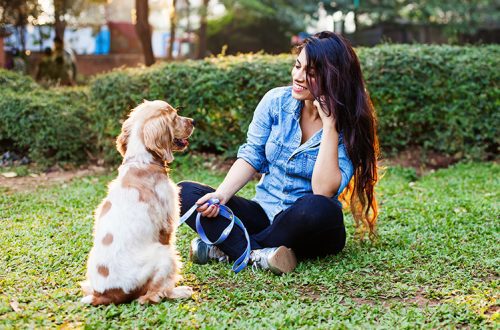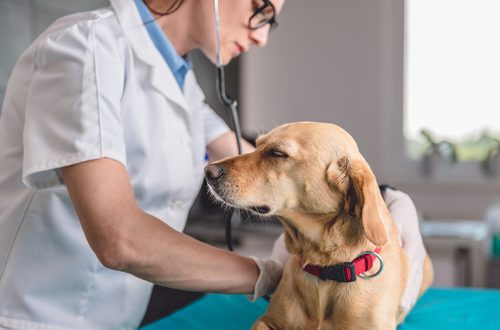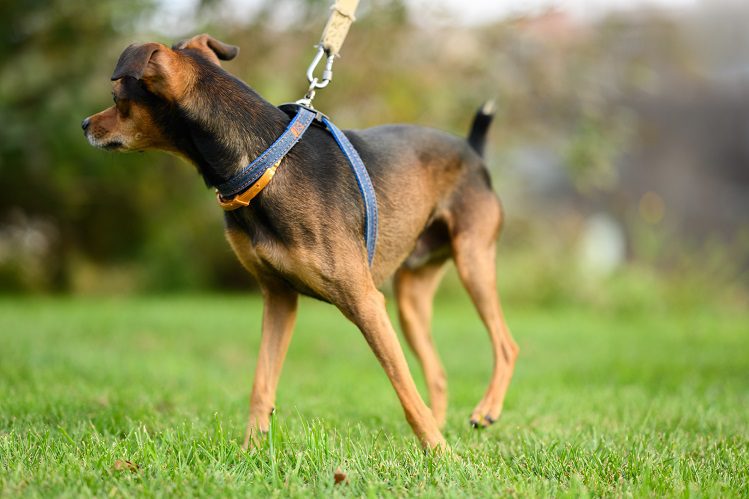
How to raise a brave dog?
A good “parent” of a dog is about awareness. We are committed to humane treatment of pets, but this is not always an easy job. Settings like “does not obey – shake your scruff of the neck” or “poke your nose into a puddle” can still emerge from the depths of memory. We remember that once unfortunate dogs were “brought up” in this way, and the result was cowardly and embittered animals. The most important thing here is to stop in time, realize the situation and return to the course of proper treatment with a four-legged friend.
In our article, we will tell you how to raise a brave, happy dog, and not intimidate him with the wrong “upbringing”.
Contents
Cowardly dog - how is it?
Before we figure out how to raise a brave dog, let’s decide which dogs are considered cowardly.
Imagine a situation. A toy terrier is walking on the handles of the hostess, and a Rottweiler is walking by. And then the Rottweiler barks! The toy terrier starts shaking, hiding under the owner’s arm, and then can’t recover for a long time.
Another situation. The Akita is fine at home but avoids barking dogs outside. And if there are noisy children nearby, they immediately hide under the bed. And don’t be in a hurry to get out.
Should such dogs be considered cowardly? No. The pet itself can be more cautious, neat, introverted. He is not obliged to love noisy parties and demonstrate his superiority over other dogs. Cautious behavior can be a breed or individual feature of the dog. If her behavior does not interfere with anyone and she herself feels great, there is no problem.
It is appropriate to talk about cowardice when the dog is suspicious, afraid of everything – and this affects the quality of its life. Such dogs are quickly excited and cannot calm down for a long time. From stress, they can refuse food, lose weight. Behavior also suffers: such a dog may behave apathetically or aggressively.

Why do dogs become cowardly?
Dogs do not become cowardly because “the genes are bad.”
In most cases, wrong upbringing and conditions of detention are to blame.
The life experience of the dog plays a key role. Whether she’s wandered the streets, lived in an orphanage, or had multiple owners, behavioral problems are the norm rather than the exception.
A couple of words about “poke your nose into a puddle”
The owner of the dog needs to understand the main thing: physical punishment is unacceptable.
All these “poke the puppy with your nose in a puddle” and alpha flips (when the dog is put on the shoulder blades to demonstrate their authority) is not education, but animal cruelty. If you turned to a cynologist and he recommends that you treat your pet in this way, you need to urgently run away from him.
Dogs are human-oriented, and they perfectly read our reactions. Strict intonation or ostentatious ignoring of the dog (for example, when a person refuses to play with a guilty dog and leaves for another room) is a sufficient punishment. In addition, when educating, the emphasis should be placed not on punishment, but on encouraging correct behavior. More on that below.
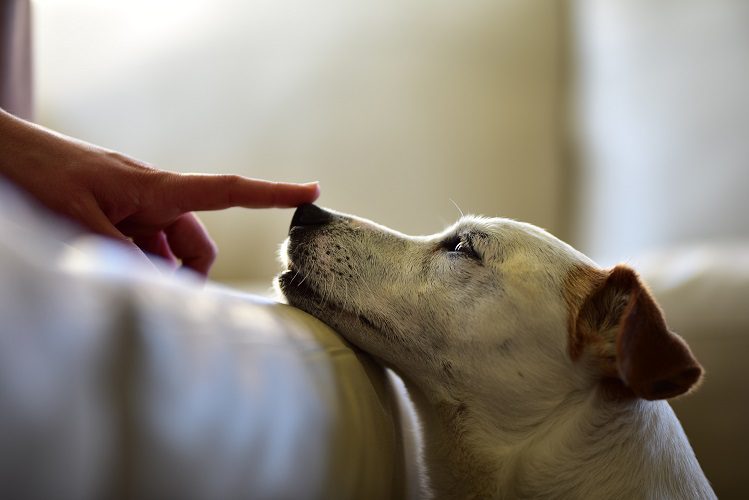
7 rules for raising a brave dog
- The emphasis is not on punishment, but on encouragement.
The correct behavior of the dog should be encouraged, and the wrong behavior should be stopped by strict intonation or other humane means. Reward methods are intonation, treats, clicker.
- Socialize from childhood.
Once the puppy has been vaccinated and can walk with him, begin gently and gradually socialize him. You do not need to immediately bring the baby to a noisy playground with other dogs. Gently and gradually introduce him to other people and pets, with different locations for walking, with public transport, a veterinary clinic and a grooming salon. The main thing is to act in the rhythm of the puppy. If he is afraid, slow down – you have nowhere to rush.
- Don’t Avoid Loud Sounds
How many dogs in the world are horrified by the noise of a vacuum cleaner or thunder. To prevent your pet from becoming one of them, do not try at all costs to protect him from loud sounds. On the contrary, pretend that nothing is happening, and if the baby is afraid, cheer him up with a kind word, a game, a treat. The task is to convey that loud does not mean scary, and there is nothing to be afraid of.
- Find a job for your dog
It is very important for a puppy to have his own important occupation. And this is not about wallowing on a couch and not even about working out commands. Start a hobby in which the dog can demonstrate his best qualities. It can be agility, dog dancing, travel and jogging, search work, or even any professional field. The main thing is that the dog was able to reveal and realize its potential. This will make her feel more confident.
- Remember individuality
We all have different temperaments, and dogs are no exception. Some are more courageous at the genetic level, others are more cautious. Be sensitive to the characteristics of the dog and do not demand the impossible. You should not expect that the Chinese Crested will courageously guard the house, and the toy terrier will be delighted to go with you to a rock festival. As they say, to each his own.
- Consult with a cynologist and zoopsychologist
Cowardly behavior can be the result of improper upbringing and negative life experiences of the dog. Without experience, correcting the behavior of an unfortunate pet is almost impossible. The most correct thing here is to contact a zoopsychologist or a cynologist. They will help! In general, contacting specialists is not an excess, but a reasonable practice. Therefore, if you have doubts or questions about the behavior of the dog – go ahead. It is easier to avoid mistakes from the start and enjoy life with a four-legged dog than to correct the behavior of an adult, established dog in the future.
We hope this article will help you raise a happy pet. Until we meet again!



